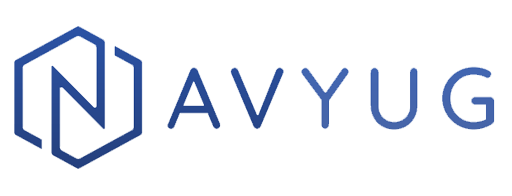For starters, Rails is a framework for Ruby and PHP is a language and has many frameworks. Both the PHP and Ruby ecosystem are very powerful, PHP has been on the market far before Ruby. While considering a language for your web application you review it on various factors like scalability, maintenance, performance, costs, and support. At the very inception of your web application, you need to decide which libraries you will use, how will you organize your application and numerous other factors.
As per Google search statistics, Ruby has Rails is a far more popularly searched web framework compared to PHP frameworks like Zend Framework, Codeigniter, Laravel, Symfony2, etc. ROR tries to simplify its learning process, which basically means you (developer/business owner) has little to decide in terms of running, organizing & hosting your application. Thus gaining more popularity over PHP frameworks, but one big thing about PHP is that it really is focused entirely on the web. It’s not a general-purpose programming language like Ruby (or Java/C/Python etc.). Many of the inbuilt functions are meant to solve web problems making it the apt, straightforward web language, e.g. if you need to send a header to your browser, just use the functionheader(). This is not as straightforward when it comes to Rails because you will have to load libraries and use namespaces to get to the same functions. I personally still prefer Ruby on Rails for following reasons:
- The Huge amount of inbuilt robust features which a developer has to write in PHP (vulnerable to security risks).
- Scalability and maintenance: To add any new features or making sure that the application scales, ROR performs better than PHP frameworks.
- Speed – The number of requests ROR can handle is more than PHP frameworks. This might vary depending on the kind of operations, but for the general web operations, ROR definitely gives better results.
- Support community – Due to the recent popularity of ROR, lot many coders are involved on tech sites like StackOverflow and other tech groups, thus making stronger support community which is easily accessible.
- Deployment – Both have almost same results for the deployment.
- Debugging – For any production issues, it’s easier for a developer to debug Ruby applications.
